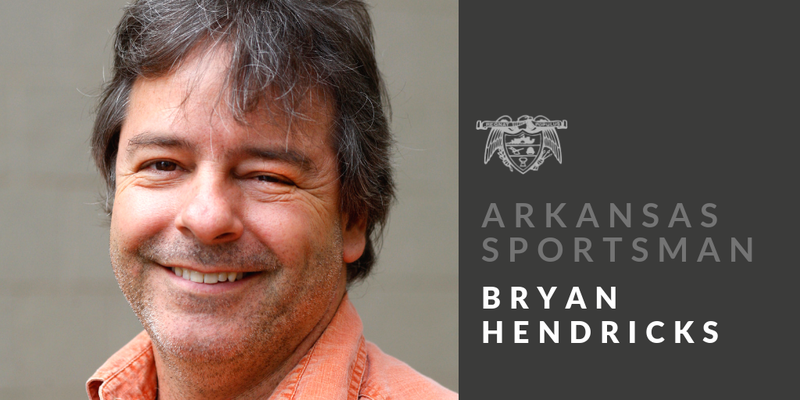George Cochran, one of the greatest pro anglers of all time, believes it is time to do away with live weigh-ins at bass tournaments.
Cochran, who won the Bassmaster Classic in 1987 and 1997, and the Forrest Wood Cup in 2005, won a lot of tournaments and a lot of money in traditional bass tournaments in which live weigh-ins are a fixture.
In a live weigh-in, anglers stand in line with their fish waiting to officially weigh their catches. The fish are quickly released alive back into the body of water where they were caught. Anglers are penalized for weighing in a dead fish. One ounce can be worth thousands of dollars, and it can mean the difference between fishing immortality and obscurity. The most famous example is that of Jim Bitter, who lost the 1989 Bassmaster Classic by 2 ounces when a keeper bass slipped out of his hands and back into the water while posing for a photograph.
Major bass tournaments emphasize fish care. At a Bassmaster or FLW tournament, anglers keep their fish submerged until the moment they step onto the weigh-in stage. Even so, fish are out of water while they are being weighed, often for excessive amounts of time while the emcee interviews the angler. And then, the angler poses with the fish for photos.
Small, local tournament organizations often do not have the facilities or equipment to hold proper weigh-ins that ensure fish safety. I have seen weigh-ins held on pickup truck tailgates. Anglers carried their fish to the truck in a bag full of water and carried them back to the water in dry bags. The fish are released alive, but Cochran said many of those fish die, even in big tournaments where the process is done with as little stress as possible.
"I have a friend that's a diver," Cochran said. "Every time they have a tournament on Lake Ouachita at Crystal Springs, he goes down and counts 40 to 60 dead bass laying in the bottom. Sometimes he picks up a limit and takes them home and eats them."
Cochran said that more fish die as the weather and water gets warmer, with mortality peaking in summer. He said it happens in the big tournaments, too. Bass tournament organizations tout their live release success, but they have no way to track or record delayed mortality.
Cochran said it would be appropriate for tournaments to eliminate live weigh-ins and adopt the format used by Major League Fishing. In Major League Fishing tournaments, anglers weigh their fish at the boat in the presence of an official witness, and they release them immediately. Anglers are penalized if they allow a fish to touch the boat. Kayak bass fishing tournaments use a similar format.
In the early tournaments of the organization that became the Bass Angler Sportsman Society, including the first one held at Beaver Lake in 1967, all bass were cleaned and fried in big, post-tournament celebrations. The practice appalled local angler communities, and the backlash threatened to derail major tournament fishing in its infancy.
In 1972, BASS founder Ray Scott mandated live wells for all tournaments, establishing a conservation ethic that defines the sport.
A lot of things have changed, though. Anglers and non-anglers are sensitive to responsible use of natural resources, and they are also more sensitive to practices that are increasingly perceived as abusive. Cameras now document every moment of a bass tournament, and fish handling practices in tournaments are being scrutinized. Cochran said it's wise to get ahead of the issue before it threatens bass tournament fishing.
Most of the people that read this column are avid anglers that treasure the fish they love to catch. We handle fish we catch carefully, and we release them alive without much fanfare, except for a quick photo of exceptional fish. None of us, including tournament anglers, would willingly mistreat or mishandle a fish in a fashion that would increase the likelihood of a fish dying.
Open-minded people change their opinions as they become aware of new facts. State wildlife management agencies owe it to their bass fisheries to determine if fish mortality in commercial and social events is as large as Cochran claims.
For the sake of the profession that made him famous, Cochran said eliminating live weigh-ins is a responsible evolution.

